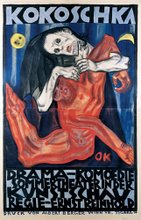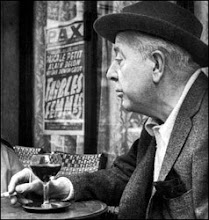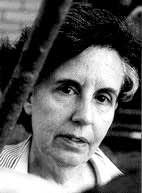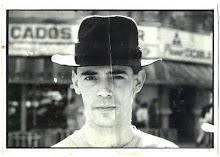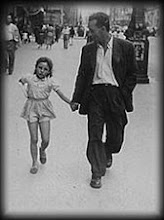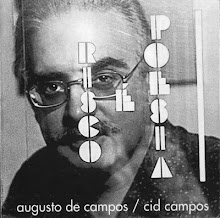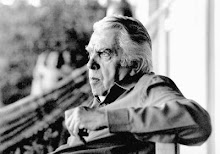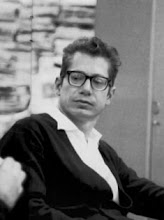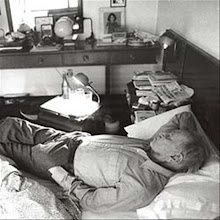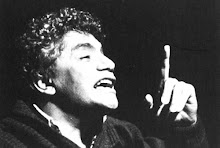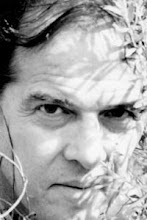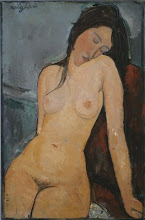Marx analyses the fundamental law (and the mystification) of capitalist development, the law of competition, and in so doing he insists on the power of capitalist liberty: but this liberty has a narrow base. "It is nothing more than free development on a limited basis-the basis of the rule of capital. This kind of individual freedom is therefore at the same time the most complete suspension of all individual freedom, and the most complete subjugation of individuality under social conditions which assume the form of objective powers, even of overpowering objects - of things independent of the relations among individuals themselves". The law of competition is also an outline of what the development of capital contains as force of opposition and of separation: communism, a potent reversal of everything.
To demystify the categories of capital means to expose to the light of day the laws of movement of history. The fundamental law is that which constructs the possibility of communism. From this point of view, to remain at demystification, communism is building itself. It is in the process of building itself as radical and extreme antithesis. The theme of liberty and the wealth of needs, of the contradictory development of the forms of production, and finally the theme of crisis, all meet here. They are present within each category as its reversal. Here, when we speak of communism, the reversal is powerful and synthetic. The contradictory form has the appearance of an insurmountable obstacle, of an obstacle that grows larger along with the development of the "permanent revolution" of capital. There is no solution to this process. No capitalist equilibrium can hold. Even less can a proposition that seeks socialism remain solid: the theory of state property, of planning, of equality in exploitation are all derived from the permanent revolution of capital. There is no possible equilibrium, not even a categorical one, when each element of the ideal synthesis is invalidated by antagonism. This emerges because the development of opposition is at least as tendentious as is the development of capital. Each one has its objectives. We know that of capitalism, and that of the working class and the proletariat we begin to see as a reversal of poles. It is not enough. In the Grundrisse, beyond this reaffirmation of the categories (reversal of the categories of capital, a new workers' foundation to these categories) we can still read passages where this term of demystification begins to constitute itself as subject and to convert the process which consists of defining "communism" as a residue - incompressible perhaps, but still a residue - in order to make it the motor of an alternative.
Toni Negri
1933 - 2023


![[...]](https://blogger.googleusercontent.com/img/b/R29vZ2xl/AVvXsEjeNC2Kyxd34r2LuofHe9-vdXHeHwG3_2NhVmIOTlK2moU0Q4R7taMlS8iMmQgEl1-NdaRsPrLdREzfQZYKfUgjslwLZUZe67dAfFBREu-YRx6WGX-vAUt5eJT4_-lFwT4dGzGCQQ/s220/11798115_858304687558226_1857652538_n.jpg)
